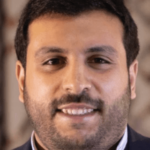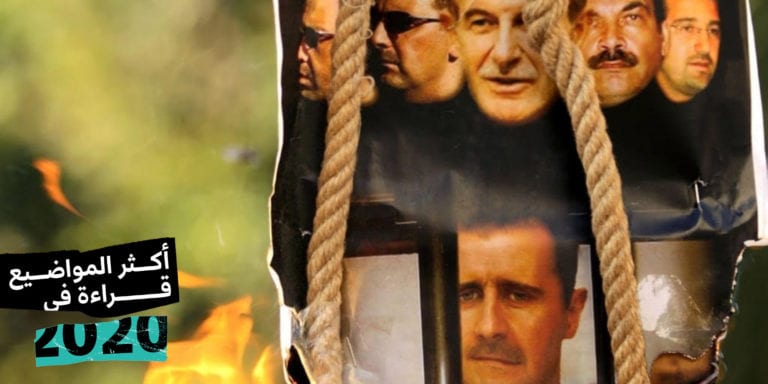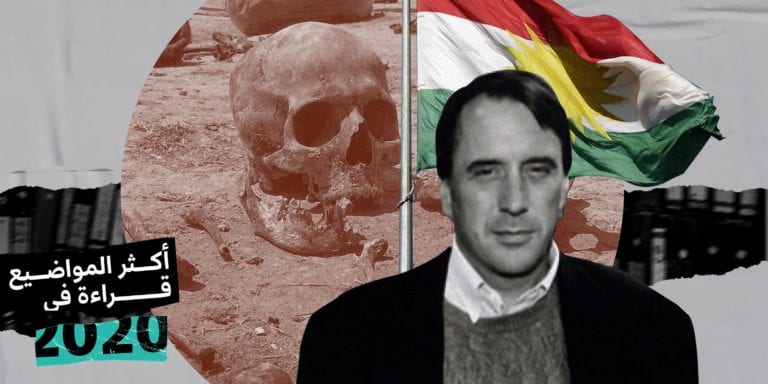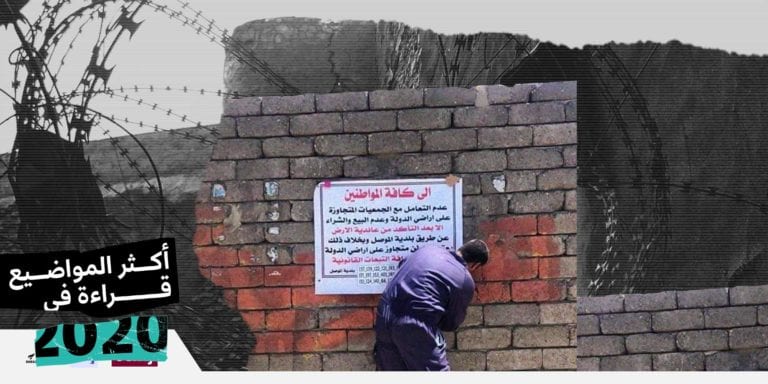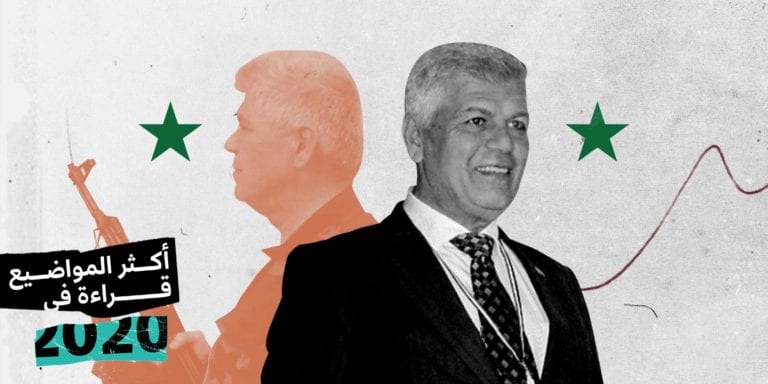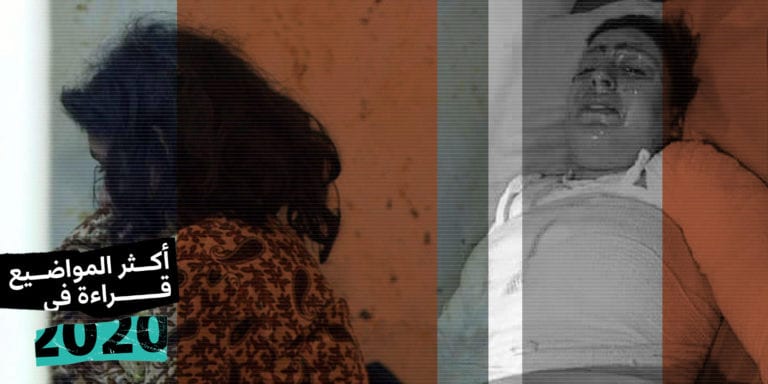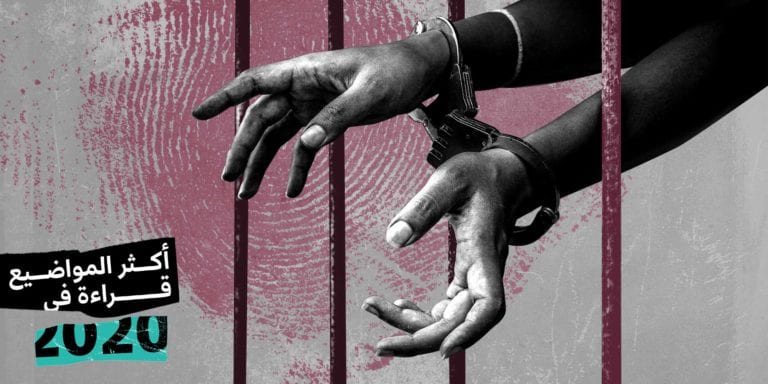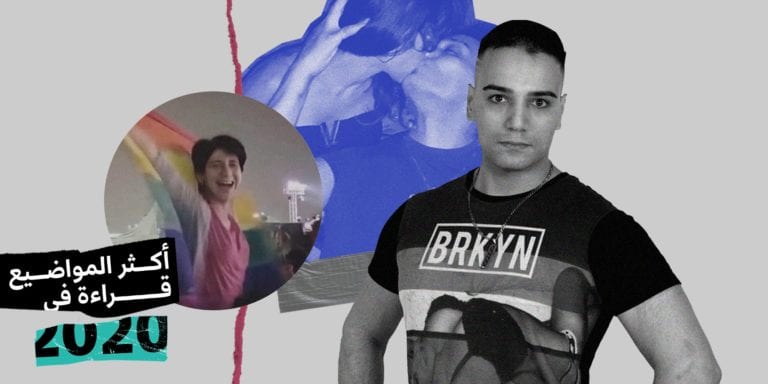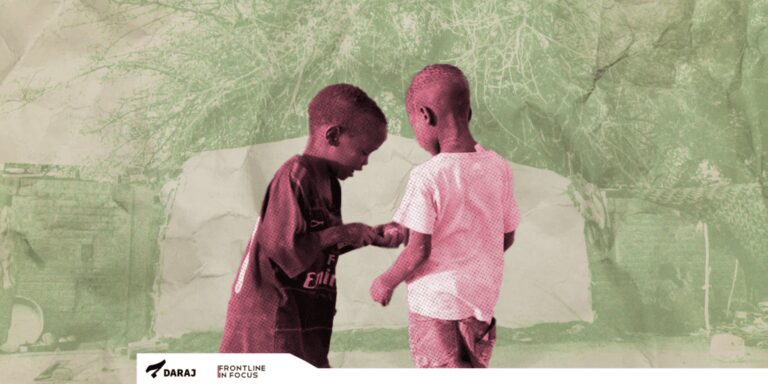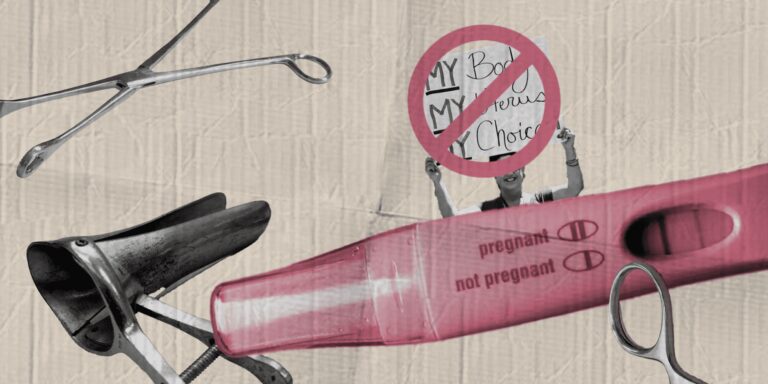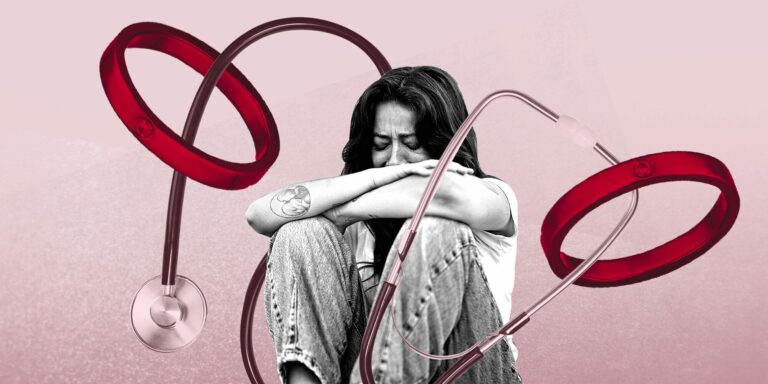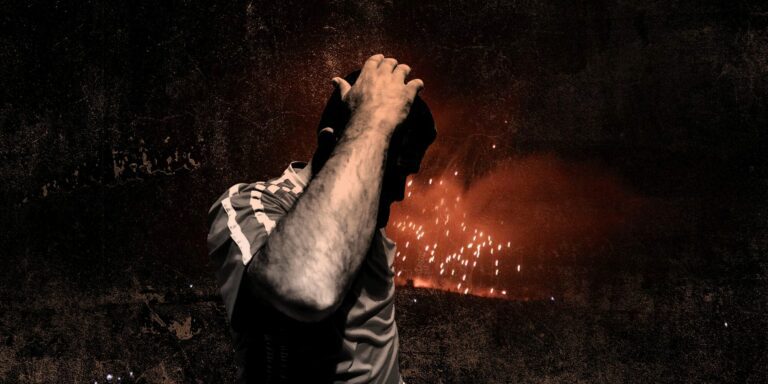“The internet connection is too slow and the power cuts all the time,” said 16-year-old Abdullah Aitani, a tenth-grade student at the Akkar Boys Highschool. “We have only one laptop that I share with my siblings, so I have to skip the online classes sometimes, and then the teachers scold me.” Thus Abdullah described his experience with remote learning. He furthermore complained about his inability to follow recorded classes, which due to their large size require a fast connection.
Abdullah is not alone. Thousands of other students in the northern governate of Akkar, which is characterized by an almost complete absence of state services, face similar problems. And, frankly, most Lebanese students do, as the cost of Lebanon’s Internet is among the world highest, while its quality is among the world’s poorest.
“The coronavirus laid bare the fragile educational system which was never prepared for any kind of exceptional conditions,”
The situation of Nader Al-Saigh, a third-grade student in a private school in the Metn, is not that different from Abdullah’s. He felt that the conditions due to the first wave of the coronavirus ruined the schoolyear and put his future at risk. “Teachers and staff failed to absorb the shock, so apart from trying to ease our fears, they didn’t do anything,” he said. “It became impossible to complete the academic year. Also, due to the early ending of the last year, we did not take a number of courses we needed for the current one.”
Nader is having a hard time following lessons on the applications identified by the school. He is afraid another year of his life will be wasted, especially now, as he prepares to join university. Anas, a third-grade student preparing for his diploma, said the internet package at his house is not sufficient for him and his siblings. He has a sister at university and a brother who works as an engineer from home. After half an hour, the Internet connection starts to be cut, which forces Anas to use his mobile which has a monthly package of 30 GB at a user rate of one GB per day. This costs him about 75,000 Lebanese pounds (LBP), in addition to the Internet at home, which costs 65,000 LBP a month.
These stories sum up the loss and confusion experienced by many Lebanese students. They used to go to school by force. Now, having experienced remote learning, they are dying to go to school.
The government’s failure in mitigating the effects of the coronavirus was not limited to the health and economic sector, but also affected education, especially public education, which already suffers from systematic negligence. The pandemic deepened the gap between public and private education, and threatens to put a whole generation of youth outside the system.
Mothers Suffer Too
Manal, a 41-year-old mother of three students at a Beirut public school, found it hard to ensure her children keep up with remote learning. She cannot afford to buy mobile phones or computers for the whole family, especially seeing the current economic crisis and the deterioration of her husband’s work. She also said the Internet situation does not help her children follow online classes. Many internet providers have even raised their fees. In addition, there are constant power cuts, while subscribing to a generator is very expensive and the household bills are already rising in a crazy way anyway. Therefore, she believes it is better for students to return to “brick-and-mortar schools,” for the “online system” has proven to be a complete failure.
Nadia Khalil (48) agreed. She is a mother of five, three of whom are enrolled in a government school and two in a semi-free school in Zahle. Nadia, who lost her husband, works three days a week for a charity kitchen to support her family. She borrows her neighbor’s laptop for her children’s classes, as they own only one PC, while the mobile phone is hers. When the power is cut, or the Internet is not working, the children skip classes. Nadia fears for their future. The performance of the government school, she described as: “poor, shameful, and inconsiderate to students’ social conditions.”
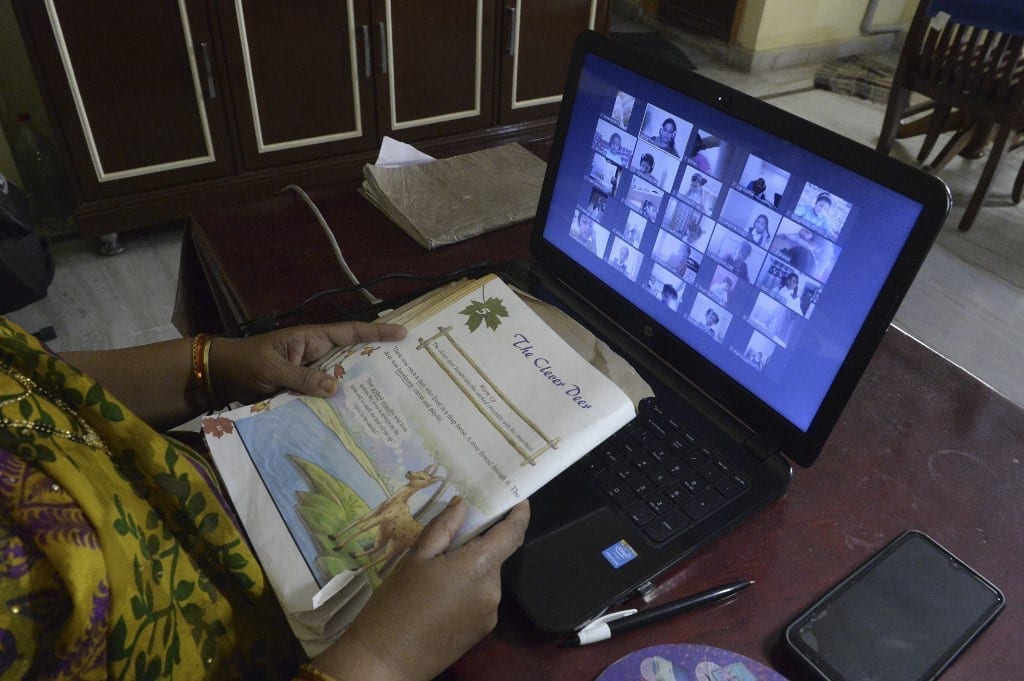
Teachers Suffer Too
“The coronavirus laid bare the fragile educational system which was never prepared for any kind of exceptional conditions,” said Tannous Al-Haik, philosophy teacher at the Machghara High School in the central Bekaa Valley. “The state has already failed to properly train school teachers during the past two decades, mainly due to the rivalry between political and sectarian forces within the Ministry of Education.”
Recently, the ministry organized a two-hour course for all teachers, yet without securing fast Internet connections in schools. Teachers had to secure high-quality internet and use their own computer, while they are on very low salaries. Still, most teachers attended the course, especially the younger ones who are closer to the technological world than their elder colleagues. In some areas, teachers were allowed to go to school and use the computers there.
Private schools are not immune to the problems public schools are facing, despite being better equipped. Wafaa Abu-Hamdan, principal of the West Hill College private school in Baakline, said that, having learnt her lessons from the first wave in the pandemic, she had trained her staff how to use remote teaching applications during the summer holiday. She also said she and the administrators of some other schools had offered school fee discounts due to the pandemic, which requires remote learning, and the difficult economic situation. She furthermore said to be surprised by the government’s promises to support private schools.
The pandemic deepened the gap between public and private education, and threatens to put a whole generation of youth outside the system.
Rami Sayegh, an engineer and a member of the private schools union of parents and guardians committees in Lebanon, pointed out that the number of private schools that raised their fees does not exceed 5 percent. However, Sayegh was concerned that blended learning, which combines online education with traditional methods, would become an excuse for some schools to raise their fees under the pretext of health and safety requirements. He assured the parent committees will join forces to end such practices. The committees already successfully fought a battle last year against raising school fees.
Sayegh furthermore stressed that, apart aside from the pandemic’s many devastating effects, it also reduced schools operating costs in terms of maintenance, fuel, electricity, and logistics.
“A major educational disaster is set to take place if the Ministry of Education fails to fulfill its promises after the Christmas holidays and not take some very tough decisions,” warned Juana Khoury, a member of the parent committee in a public secondary school. “We reached an impasse with the students of this year. There is no educational future amidst the current political, economic, and security catastrophe.”
”In private schools, teachers were fully prepared and trained to use electronic educational platforms,” she added. “And educational programs were sent to the parents so that they could help their children, especially the young ones. Unlike public schools, which are in utter disarray: from delaying the school year and a failure to take a clear decision concerning blended learning to their overall unpreparedness, lack of social distancing and hygiene measures.”
Blended Education: a Solution?
Last summer, the Government Crisis Cell discussed pedagogical solutions that would put an end to the educational confusion that Lebanon has witnessed since the October 17, 2019 uprising, the highway flooding, and the closure of public and private institutions. The pandemic only worsened things.
The decision to introduce blended learning, criticized by some, applauded by others, was not based on any study that simulates reality especially regarding the situation in public schools. “There is no doubt that blended learning is vital, but its results are not bigger or more important at the level of understanding when compared to having direct communication with students,” said Tala Badr, an education specialist.
That does not mean Badr favors going back to schools, as the consequences might be catastrophic from a health point of view. According to her, an incident occurred at a private school where a student contracted the virus from a classmate and transmitted the virus to his father and family. The father died, and a member of the family is still in intensive care. Due to the state of negligence and lack of social distancing such risks are even higher in public schools.
The Educational Center for Research and Development
“The teachers in public schools were left on their own to find solutions to finish last year,” said Dr. Hicham El Khoury, a consultant at the Educational Center for Research and Development (CERD), a center affiliated to the Ministry of Education. He refused to speak about the center’s failures following the first wave. “We did great work in the development process for teachers,” he said. “Admittedly, this has not been positively reflected until now, due to the political and economic crisis Lebanon has witnessed. The center has launched a major training campaign for all teachers, in cooperation with the ministry, but many teachers failed to participate and gave unconvincing arguments.”
Asked about the damages for the Lebanese education sector, Khoury stressed that private schools had witnessed a large withdrawal of students due to their inability to pay high fees. The CERD has set up a platform for remote learning, despite the financial, logistical, and infrastructural obstacles, such as poor connectivity and electricity.
The platform is based on a CERD questionnaire among 7,000 teachers that looked at such things as educational facilities, students’ social conditions and parental abilities. According to Khoury, the ideal solution is a system of blended learning that will promote a student’s passion for learning and will address the school drop-out numbers, as it encourages the student to become a partner in the search for information.
This investigative report was carried out with the support of the organization International Media Support (IMS) in cooperation with Syria’s Radio Rozana and the Yemeni media platform Khuyut.
Read Also:

